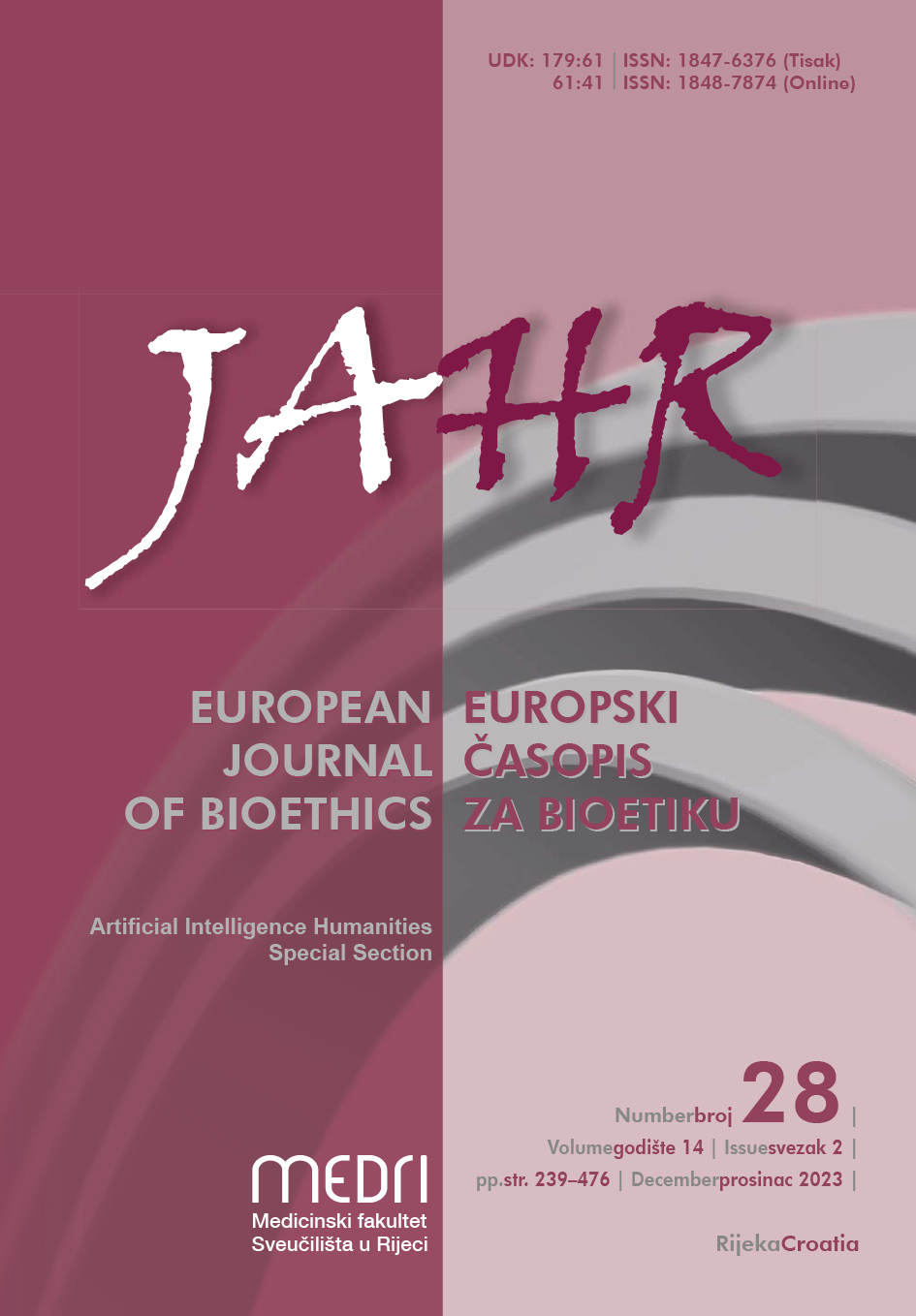The Understanding of Informed Consent as a Practical Bioethical Problem
A Case Study of Hospital Pedagogy on Cancer Patients in Cuenca (Ecuador)
Keywords:
informed consent sheet, education, hospital pedagogy, reading skills, trained conditionsAbstract
https://doi.org/10.21860/j.14.2.1
The relationship between the informed consent sheet and education is crucial. Our objective is to highlight how patients’ educational backgrounds impact the ethical rights within medical processes. Some patients face significant challenges in comprehending the significance and contents of the informed consent sheet. It’s likely that they may not fully grasp the potential symptoms resulting from their treatment or even be aware of their inherent rights. This issue isn’t merely psychological but rather a matter of education, requiring a comprehensive approach to educational development. Consequently, it becomes a social issue wherein both education and health play vital roles. This research delves into assessing the patients’ literacy indicators, thereby evaluating their educational backgrounds. We address this within the framework of an ethical problem in hospital pedagogy, integrating educational and philosophical concepts. Employing qualitative analysis, we aim to understand patients’ reading skills by conducting interviews, particularly focusing on circumstances of vulnerability due to illiteracy. These circumstances are categorized based on identified reading capabilities. By intertwining two knowledge domains, we aim to highlight human vulnerabilities that may not always be considered within the technical processes of healthcare workers and are rarely emphasized by educators or philosophers.
Downloads
Published
Issue
Section
License
Authors who publish with this journal agree to the following terms:
- Authors retain copyright and grant the journal right of first publication with the work simultaneously licensed under a Creative Commons Attribution License that allows others to share the work with an acknowledgement of the work's authorship and initial publication in this journal.
- Authors are able to enter into separate, additional contractual arrangements for the non-exclusive distribution of the journal's published version of the work (e.g., post it to an institutional repository or publish it in a book), with an acknowledgement of its initial publication in this journal.
- Authors are permitted and encouraged to post their work online (e.g., in institutional repositories or on their website) prior to and during the submission process, as it can lead to productive exchanges, as well as earlier and greater citation of published work (See The Effect of Open Access).



